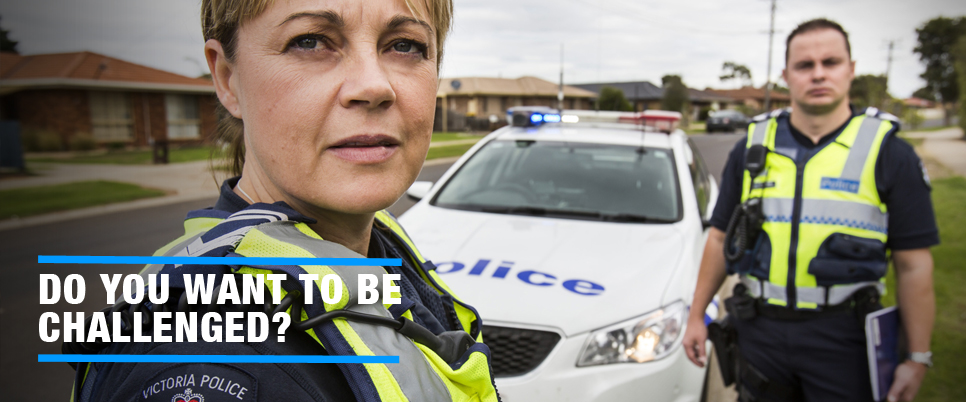
The Police Are Not Our Friends
 “Can I just talk to you over here for a moment?”
“Can I just talk to you over here for a moment?”
It’s not the first time this question made me feel uncomfortable. I remember when my parents would give me a quick ‘talking to’ about something I did wrong or when my teachers would inform me of my unacceptable behavior. Over the years, I have heard this phrase from many people in positions of authority, from social workers to the police, in attempts to bring people in line with ‘acceptable’ behavior.
I am a worker at a few of the social service providers in town that the police like to frequent, excessively. While on a lunch break from one of these jobs, a Victoria police officer I had an interaction with an hour earlier was standing in one of the aisles of the 7-11. He wanted to have a ‘chat’ with me about the way I treated him and his cohort of uniformed pals when 6 of them responded to a medical emergency. Apparently, I hurt his feelings because I thought it was excessive for 6 police officers to show up to a medical emergency in a situation that did not require them. Unfortunately, in Victoria police accompany paramedics to medical emergencies in places deemed “dangerous,” which is to say places where poor folks and people who use drugs hang out or live.
The conversation with the police officer went as I expected: “If you want to build a relationship with the police, you have to show them respect,” and, “we are there to protect the paramedics,” and, “you were standoffish,” and, “what if they hurt you, or themselves…” and so on. It was clear to me that the officer was trying to give me a morality lesson on how to bow down to the powers that be. He simultaneously dismissed my concerns regarding the structural violence enacted daily by the police towards poor folks, people who use drugs, and people without housing.
My role as a worker at social service agencies is to mitigate the harms of structural violence, and this includes the harms that are caused by the police. It is critical that we challenge the idea that police should be helpers and health care providers. We need to disrupt the reliance on police for social control in services and housing for low-income people. Until the police stop criminalizing poor folks and people who use drugs, until they stop showing up to overdose calls, until they stop enforcing bylaws that serve to displace and destabilize, until they stop fishing for people to incarcerate, I will continue to challenge the idea that police are our friends. Envisioning alternatives to state control is a worthwhile endeavor, even if it means getting the occasional ‘talking to’.
Piotr Burek is an HIV positive queer living in Victoria, on the lands of the Lekwungen peoples. While he works at various social service providers, his passion is advocating with/for HIV positive folks and organizing queer resistance to state oppression.
